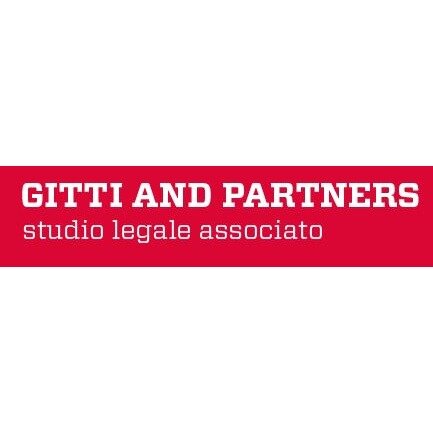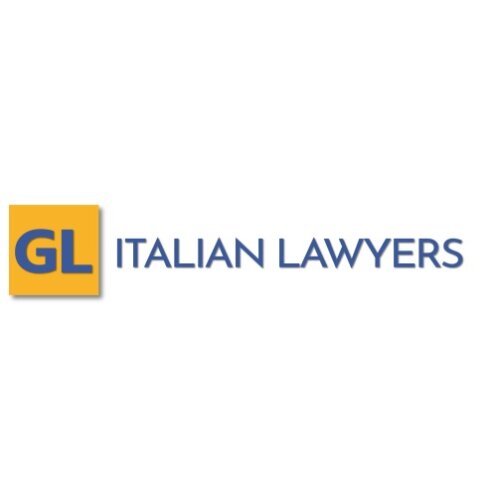Best Financial Services Regulation Lawyers in Milan
Share your needs with us, get contacted by law firms.
Free. Takes 2 min.
List of the best lawyers in Milan, Italy
About Financial Services Regulation Law in Milan, Italy
Financial Services Regulation in Milan, Italy, encompasses a wide array of legal frameworks and guidelines that oversee the operations and integrity of financial markets and institutions. Milan, being Italy’s financial hub, plays a critical role in implementing and upholding these regulations. The regulatory environment is shaped by both national law, EU directives, and the Italian financial regulatory authorities such as the Bank of Italy (Banca d'Italia), the Italian Securities and Exchange Commission (CONSOB), and the Institute for the Supervision of Insurance (IVASS). The purpose of these regulations is to ensure market transparency, protect investors, maintain financial stability, and prevent financial crime.
Why You May Need a Lawyer
Individuals and businesses may require legal help in Financial Services Regulation for various reasons. Common situations include navigating regulatory compliance, facing audits or investigations by regulatory authorities, drafting and reviewing financial agreements or transactions, dealing with disputes concerning financial products or services, and understanding complex regulatory changes. Having a lawyer experienced in this field can provide valuable guidance and representation, ensuring that clients meet legal obligations and mitigate risks.
Local Laws Overview
The financial services sector in Milan is governed by several key laws and regulations, such as the Italian Consolidated Law on Finance (TUF) and the Consolidated Law on Banking (TUB). These laws set out the rules surrounding financial market operations, securities, investment services, and banking activities. The Anti-Money Laundering and Countering the Financing of Terrorism (AML/CFT) regulations are also crucial, requiring financial institutions to implement strict measures to detect and prevent financial crimes. EU regulations, such as MiFID II for investment services and PSD2 for payment services, further influence the local regulatory landscape.
Frequently Asked Questions
What is the role of CONSOB in financial services regulation?
CONSOB is Italy's regulatory authority responsible for overseeing securities markets and the conduct of financial intermediaries. It ensures transparency, investor protection, and market integrity.
Do I need to comply with both Italian and EU regulations?
Yes, businesses operating in Milan must comply with both Italian national laws and applicable EU regulations, which may sometimes take precedence over local laws.
How do financial services regulations affect businesses in Milan?
Regulations ensure that businesses operate within legal frameworks, safeguarding market integrity and consumer interests. Compliance is crucial to avoid penalties and maintain reputation.
What should I do if I suspect financial misconduct?
If you suspect financial misconduct, you should report it to the appropriate regulatory authority, such as CONSOB or the Bank of Italy, and consult with a legal expert for guidance.
Are there specific regulations for fintech companies in Milan?
Fintech companies must comply with general financial regulations as well as specific requirements related to their services, such as PSD2 for payment services and GDPR for data protection.
What happens during a regulatory audit?
During a regulatory audit, regulators assess the compliance and risk management practices of financial institutions. It involves reviewing documents, operations, and internal controls.
Can individuals also fall under financial regulations?
Yes, individuals providing financial services or investing in certain securities may also need to comply with relevant regulations, such as proper disclosure and anti-money laundering requirements.
What are the penalties for non-compliance?
Penalties for regulatory non-compliance can include fines, sanctions, suspension of operations, or even criminal charges, depending on the severity of the violation.
How do I choose the right financial services lawyer?
Choose a lawyer experienced in financial services regulation with a strong understanding of local and EU laws and a track record of handling similar cases successfully.
Where can I find updates on regulatory changes?
Regulatory updates can be found on websites of the Bank of Italy, CONSOB, and official gazettes, as well as through professional industry newsletters and legal advisories.
Additional Resources
For further assistance, consider reaching out to the following resources:
Banca d'Italia: The central bank providing oversight and guidance on banking operations.
CONSOB: The Italian authority responsible for regulating the securities market.
IVASS: Responsible for insurance market regulation in Italy.
European Banking Authority (EBA): Provides EU-wide regulation supervision.
Next Steps
If you need legal assistance in Financial Services Regulation in Milan, start by identifying the specific area of concern. Research potential legal experts or firms specializing in financial services and regulatory compliance. Arrange consultations to discuss your requirements, evaluate their expertise, and understand their approach to handling your case before making a decision. Ensure you gather all necessary documentation related to your issue to facilitate efficient legal advice and representation.
Lawzana helps you find the best lawyers and law firms in Milan through a curated and pre-screened list of qualified legal professionals. Our platform offers rankings and detailed profiles of attorneys and law firms, allowing you to compare based on practice areas, including Financial Services Regulation, experience, and client feedback.
Each profile includes a description of the firm's areas of practice, client reviews, team members and partners, year of establishment, spoken languages, office locations, contact information, social media presence, and any published articles or resources. Most firms on our platform speak English and are experienced in both local and international legal matters.
Get a quote from top-rated law firms in Milan, Italy — quickly, securely, and without unnecessary hassle.
Disclaimer:
The information provided on this page is for general informational purposes only and does not constitute legal advice. While we strive to ensure the accuracy and relevance of the content, legal information may change over time, and interpretations of the law can vary. You should always consult with a qualified legal professional for advice specific to your situation.
We disclaim all liability for actions taken or not taken based on the content of this page. If you believe any information is incorrect or outdated, please contact us, and we will review and update it where appropriate.















